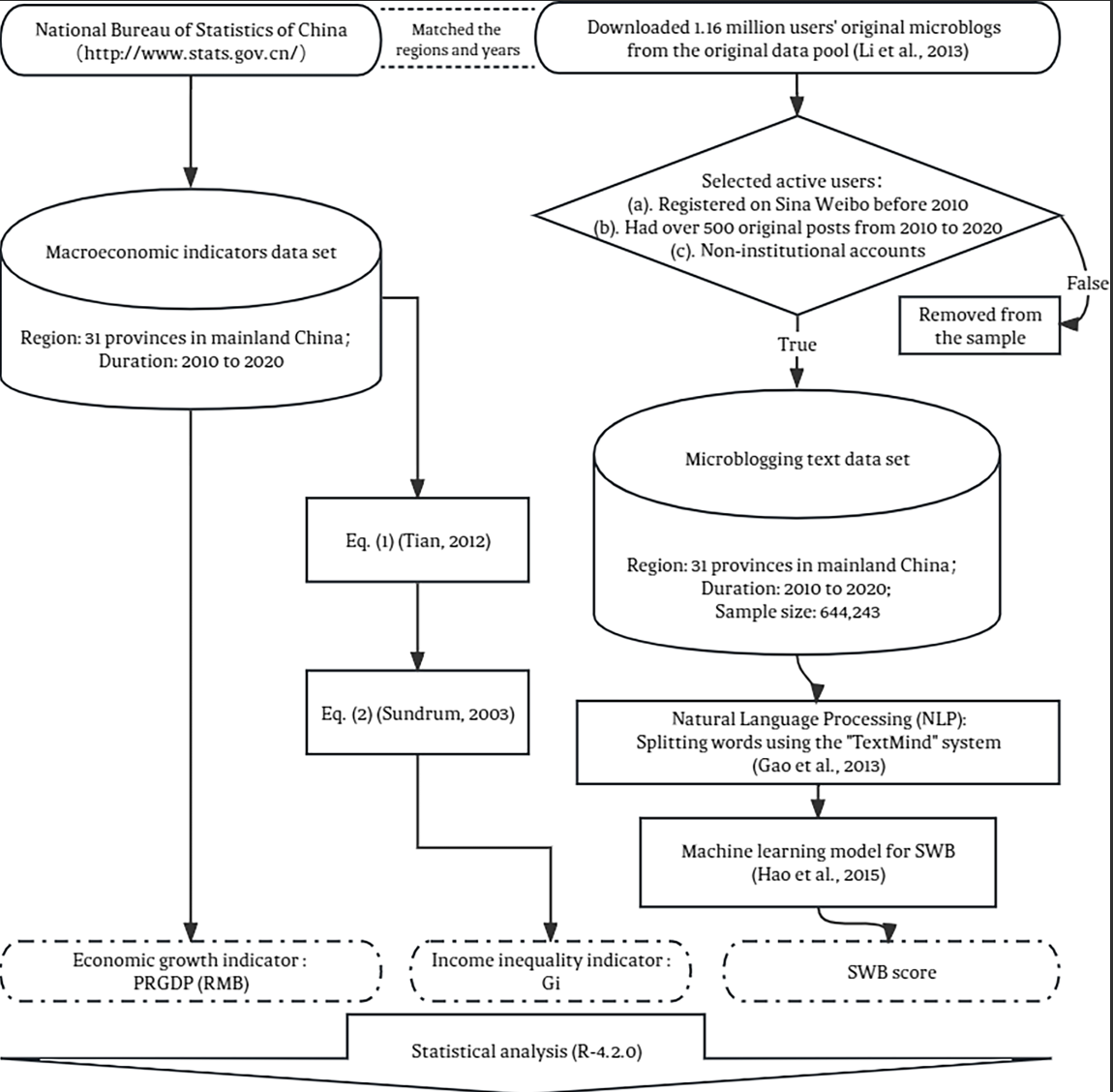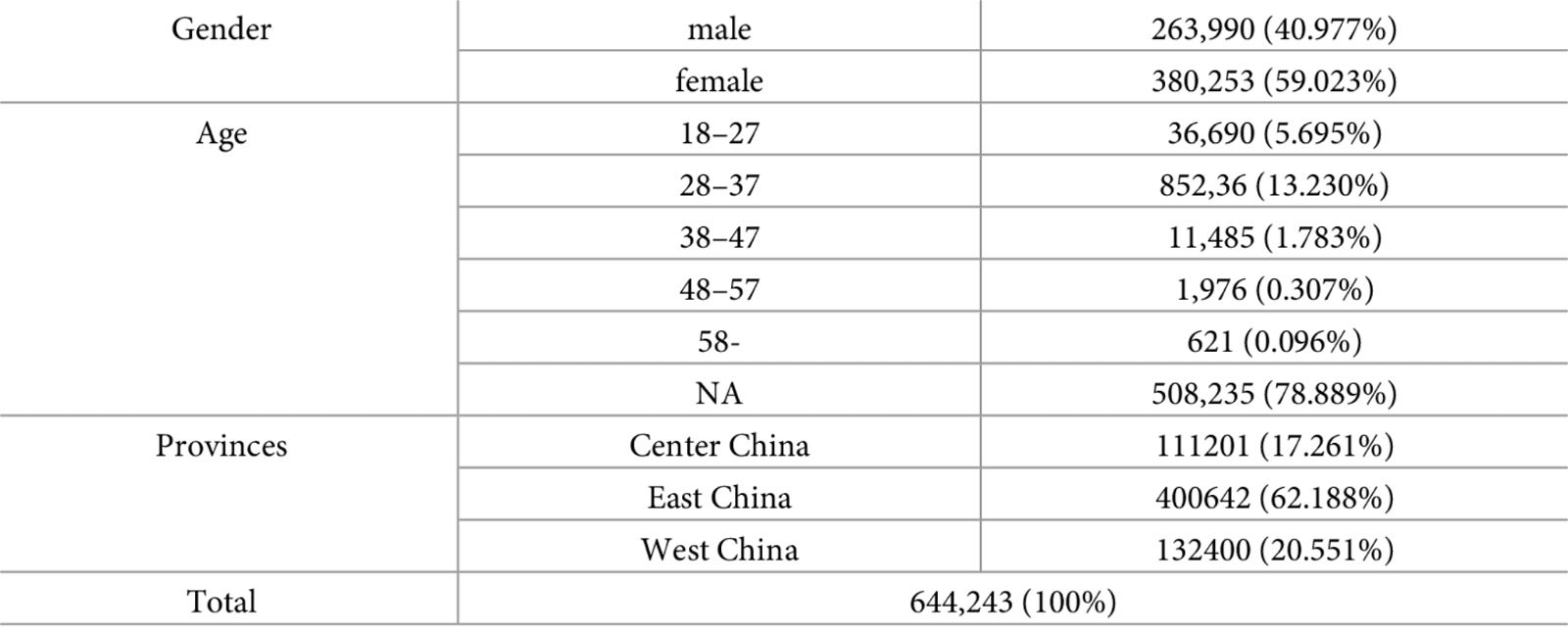Does money truly bring happiness? Academics and philosophers have pondered over this question for centuries. But what does the data say?
A recent study analyzing socio-economic indicators and social media metrics spanning the past 11 years by Feng Huang from the Chinese Academy of Sciences and his colleagues suggests that a country’s economic prosperity is linked with the improved well-being of its residents.
To conduct this type of analysis, Huang and colleagues looked into the economic factors and influences that lead to productive growth in someone’s self-viewed level of personal happiness in China. Reviewed across 31 provinces and with a focus on two major data points from the National Bureau of Statistics of China: gross domestic product (GDP) per capita, and the Gini coefficient.
The Gini coefficient is a measure of statistical dispersion intended to represent income inequality, wealth inequality, or consumption inequality within a nation or a social group.


Researchers assessed the subjective well-being of Chinese residents by analyzing public digital content from 644,243 users of the microblogging platform Weibo. Introduced by Sina Corporation on August 14, 2009, it stands as one of China’s largest social media platforms, boasting over 582 million monthly active users. Additionally, reseachers utilized natural language processing to analyze and quantify the tone of each post.


“The equilibrium between economic growth and income equality is crucial for improving well-being in China,” said Tingshao Zhu, a professor of the Chinese Academy of Sciences Key Laboratory of Behavioral Science, Institute of Psychology and one of the study’s co-authors, adding that his team’s findings underscore “the nuanced interplay between prosperity and equitable wealth distribution for true happiness.”
The team’s findings indicate that between 2010 and 2020, subjective well-being in all provinces rose simultaneously with increases in GDP per capita. However, higher income inequality was linked to decreased subjective well-being.
Interestingly, once income inequality surpassed a certain threshold, the connection between the economy and mental health disappeared. The pool of participants lived in more affluent areas of mainly Eastern China, and were described as social media savvy or literate, which in turn could affect the researcher’s applicability to other populations. Further research could also investigate wealth disparities within specific localities rather than at the provincial level.
The team’s study suggests a solution for a balanced view and approach to economic planning, and advocates for the implementation of policies that address income disparities and promote sustainable economic growth.
Huang and the team’s new paper, “Does wealth equate to happiness? An 11-year panel data analysis exploring socio-economic indicators and social media metrics,” appeared in Plos One on April 10, 2024.
Chrissy Newton is a PR professional and founder of VOCAB Communications. She hosts the Rebelliously Curious podcast, which can be found on The Debrief’s YouTube Channel. Follow her on X: @ChrissyNewton and at chrissynewton.com.

